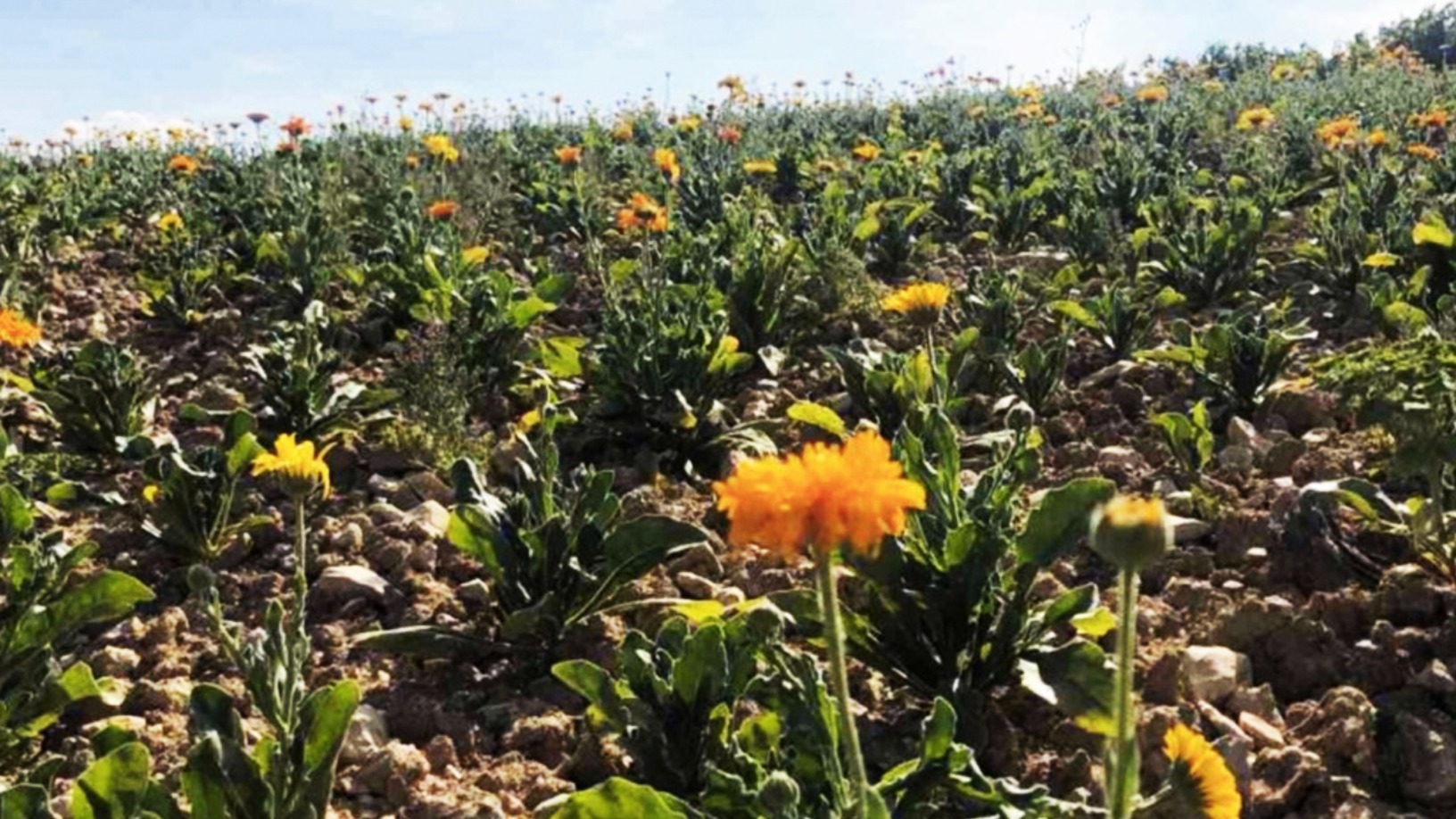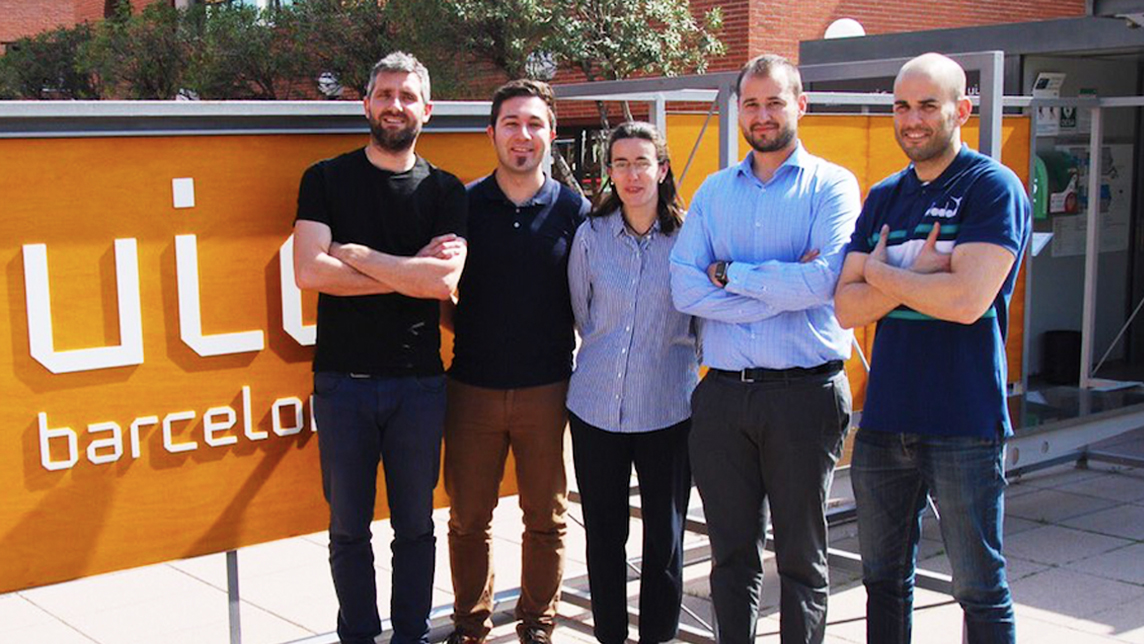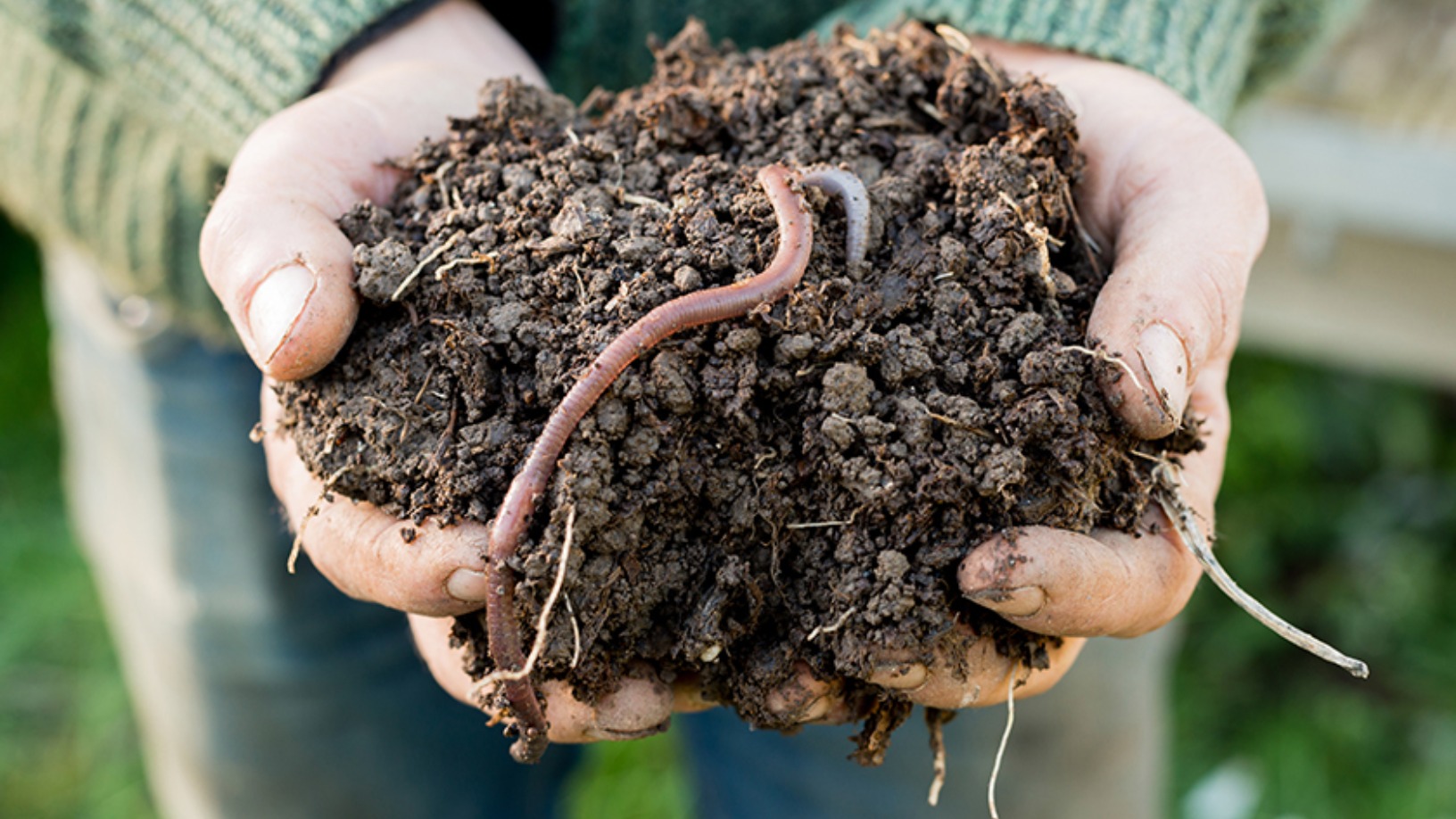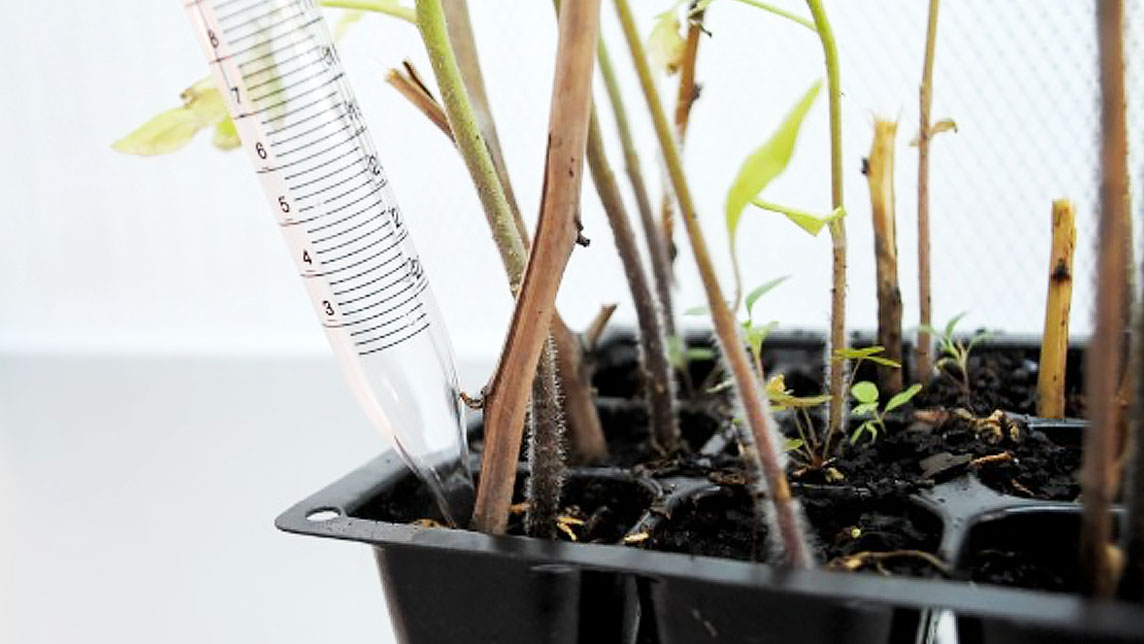French startup Biomede has developed and commercialized a process to extract pollutants from the soil using hyperaccumulator plants, which have a natural ability to draw pollutants such as lead, copper or nickel from the earth and accumulate them in their leaves, stems and roots.
The solution, called phytoremediation, is a green alternative to decontaminating soil in agricultural or urban environments instead of using chemicals to remove pollutants from the soil or heavy machinery to remove and replace large quantities of earth.
“Twenty-five percent of cancers are linked to environmental causes. The idea was to attack these issues at the root,” CEO and co-founder Ludovic Vincent said in a recent interview with CompassList.
Launched in 2018, Biomede quickly gained attention in its home market of France, where impact startups focusing on sustainability and the transition to the green economy are receiving enthusiastic support from the public and private sectors.
The startup raised its initial €25,000 funding by winning several local innovation prizes. It has been labeled Greentech Innovation – a French government project to accelerate startups for transition to the green economy – and has won financing from French investment bank BPI France under the auspices of its French Tech Seed program.
In December 2020, the company raised €540,000 in seed funding, which it plans to use to expand in Europe, potentially in North America and continue its R&D on hyperaccumulator plants. Biomede has 11 staff, half in business development and half focused on the selection of plants.
Circular economy model
Biomede’s solution involves seeding a range of plants — mainly from the Asteraceae family, such as sunflowers or daisies — which are naturally adept at extracting pollutants. In addition to removing harmful metals and minerals, these plants also serve to regenerate the soil, attract bees and insects, and encourage biodiversity.
Its solution can be adapted to agricultural land for planting among fruit trees, vines or between crop rotations, and decontaminate urban areas such as schoolyards, former industrial sites or backyard plots. A treatment to return the soil to a healthy condition takes around three to five years, with Biomede measuring the effectiveness of the treatment after each cycle.
Twenty-five percent of cancers are linked to environmental causes
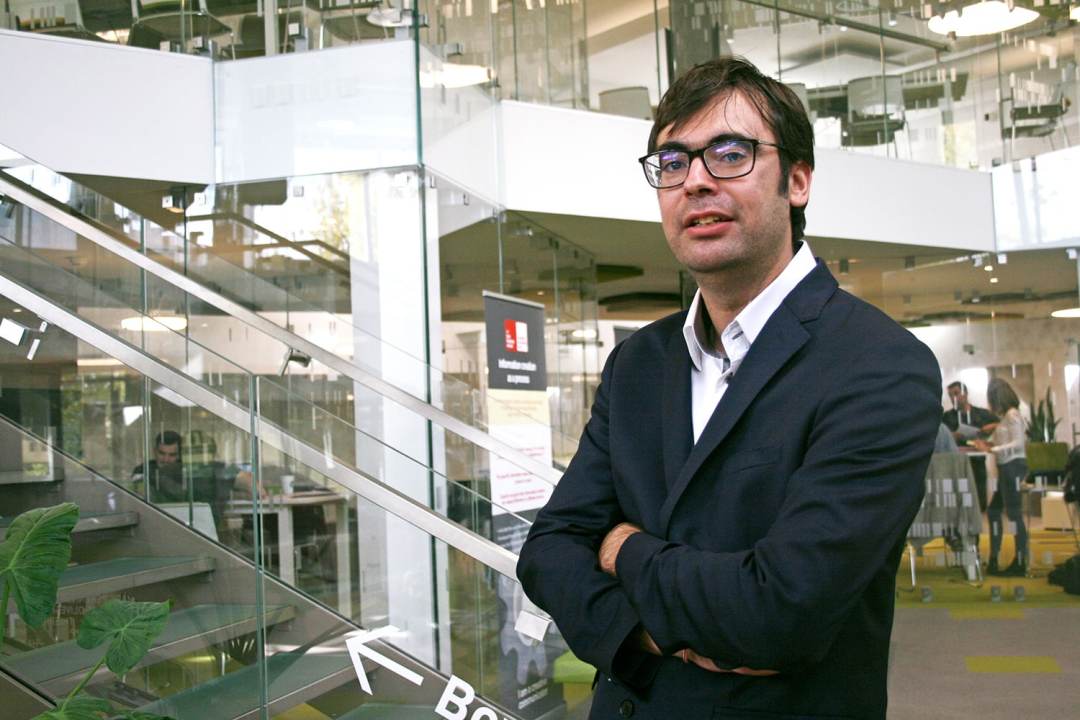
Once harvested by Biomede, the plants are upcycled in a circular economy model among its network of research laboratories and organizations, which are keen to collect and repurpose the metals and minerals extracted by the plants.
“We favor short supply chains as much as possible. For the moment, these channels are in France and focused on the design of new products containing bio-based elements," Vincent said. “Formulators in the cosmetics industry, for example, are interested in using the copper extracted by the plants as an ingredient in many products.”
The company charges €150 per hectare for the initial soil diagnosis and €1000 per hectare for the seed mix and harvest.
Cancer and agronomy expertise
The concept for Biomede was the result of a meeting between Vincent, an environmental and agronomy engineer, and cancer researcher Patricia Gifu. “The interest in regenerating the soil is what connected us,” Vincent said. The pair was approached in 2016 by a farmer whose land had become unexploitable due to high levels of copper in the soil.
Using Gifu’s expertise in detecting pollutants that damage human health, the pair developed a bespoke X-ray tool to scan the earth and detect unwanted metals. The technique is the same as that used to detect alloys in aeronautics or veins of metals in mining.
Vincent then mobilized his expertise in agronomy to identify a range of plants that could do the required job. To research the project, Biomede partnered with University Claude Bernard Lyon 1, home to the Bonaparte Collection of some 3.5m plant species from around the world.
“There are zones around the world where problematic metals are found naturally, so we look at which plants can grow in these areas and which are capable of extracting these metals,” Vincent said
Satisfied customers
Biomede now counts more than 100 clients, primarily winemakers, in France, Spain and Germany. One of them, François Menin, Head of Cultivation at William Fevre Grands Vins de Chablis in France’s Burgundy region, first sowed the Biomede seed mix in 2018.
According to Menin, despite the dry season impacting the growth of the plants, the results after harvest were striking. “I am satisfied with these phytoextracting plants because, in addition to removing the copper, they are very good at breaking up the soil. Their flowers are also of interest to insects, especially bees,” Menin said.
"These phytoextractor plants are interesting because the pivots of their roots are strong and very vertical, enabling fertilization and good preparation of the soil for future planting," he added.
“We have patented a mix of plants. Mostly we work with Asteraceae, but it depends on what we are trying to extract, as there can be different types of plants for different types of metals," Vincent said. "We also try to use plants that we can then incorporate into the circular economy.”
